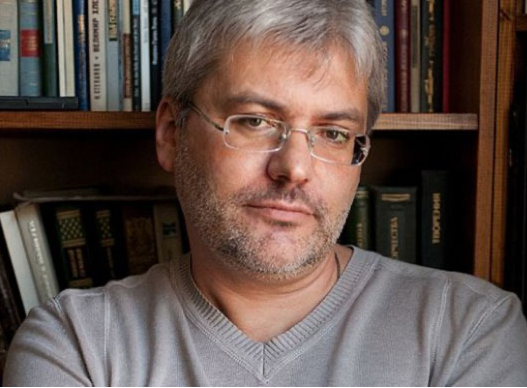Vodolazkin wins Solzhenitsyn Prize
/Yevgeni Vodolazkin
Today in Moscow it was announced that Yevgeni Vodolazkin has won the 2019 Solzhenitsyn Literature Prize for organically combining the deep Russian tradition of spiritual and psychological prose with outstanding achivement in language arts, as well as for his inspired writing style. The award ceremony will be held on 18 April.




